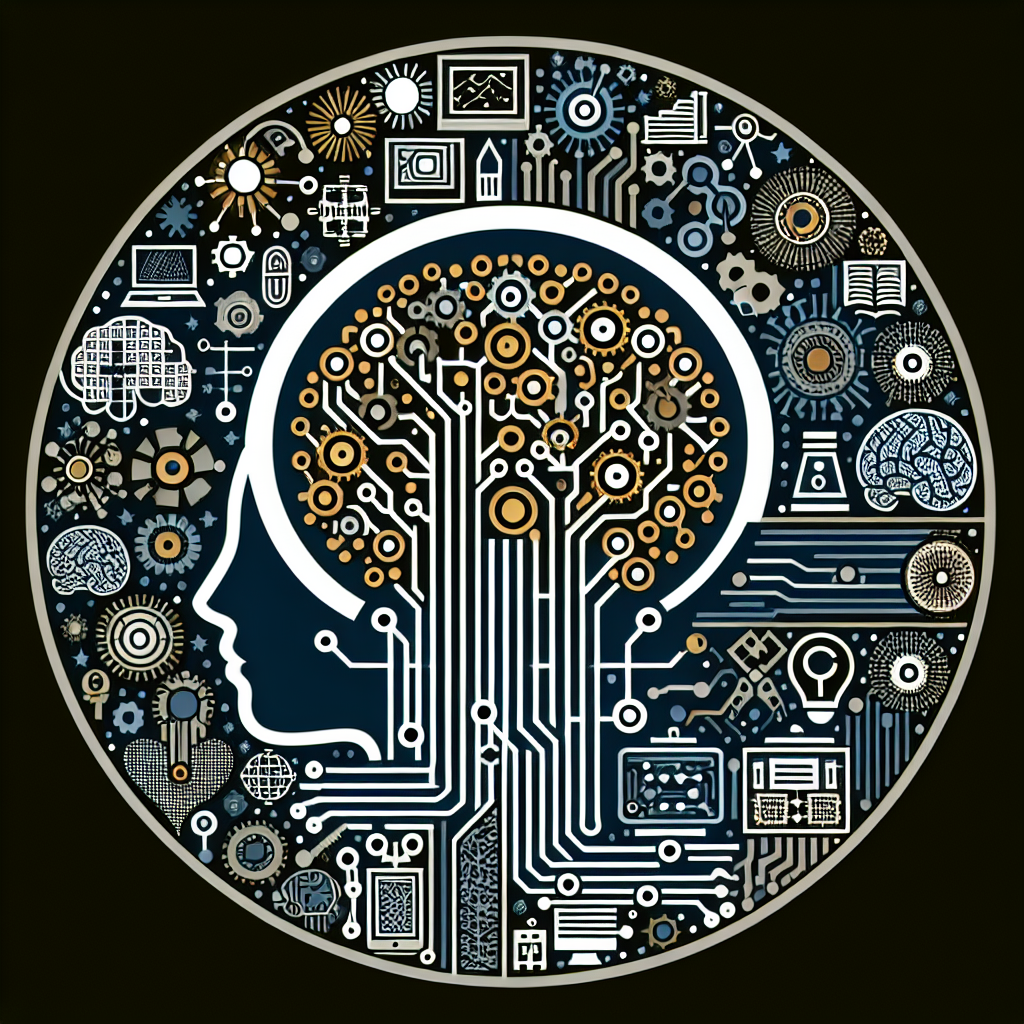Artificial General Intelligence (AGI) is a concept that has been a subject of much discussion and speculation in recent years. While most people are familiar with the idea of artificial intelligence (AI), AGI takes things to a whole new level. In this article, we will break down the basics of AGI, what it is, how it works, and what you need to know about this exciting and potentially game-changing technology.
What is AGI?
AGI refers to a type of artificial intelligence that has the ability to understand, learn, and apply knowledge in a way that is comparable to human intelligence. While traditional AI systems are designed for specific tasks and are limited in their capabilities, AGI aims to mimic the general intelligence of humans, allowing it to perform a wide range of tasks and adapt to new situations.
How does AGI work?
AGI systems are typically built using a combination of machine learning algorithms, neural networks, and other advanced technologies. These systems are trained on vast amounts of data to learn how to recognize patterns, make decisions, and solve problems. Unlike traditional AI systems, which are programmed to perform specific tasks, AGI systems are designed to learn and adapt on their own, much like the human brain.
What are the potential applications of AGI?
The potential applications of AGI are virtually limitless. From healthcare and finance to transportation and entertainment, AGI has the potential to revolutionize virtually every industry. For example, AGI could be used to develop personalized medical treatments, improve financial forecasting, optimize transportation systems, and create more immersive virtual reality experiences.
What are the ethical implications of AGI?
As with any new technology, there are ethical implications to consider when it comes to AGI. One of the biggest concerns is the potential for AGI systems to outperform humans in certain tasks, leading to job displacement and economic inequality. There are also concerns about the potential for AGI systems to be used for malicious purposes, such as surveillance or warfare. As AGI technology continues to advance, it will be important for policymakers, researchers, and industry leaders to work together to address these ethical concerns and ensure that AGI is used in a responsible and ethical manner.
FAQs:
Q: How is AGI different from traditional AI?
A: While traditional AI systems are designed for specific tasks and are limited in their capabilities, AGI aims to mimic the general intelligence of humans, allowing it to perform a wide range of tasks and adapt to new situations.
Q: How close are we to achieving AGI?
A: While significant progress has been made in the field of AI in recent years, true AGI remains a long way off. Experts estimate that it could be decades before AGI systems reach human-level intelligence.
Q: What are some of the challenges of developing AGI?
A: Developing AGI is a complex and challenging task that requires advances in a wide range of technologies, including machine learning, neural networks, and cognitive science. Researchers also face ethical and societal challenges, such as ensuring that AGI is used in a responsible and ethical manner.
Q: What are some potential benefits of AGI?
A: AGI has the potential to revolutionize virtually every industry, from healthcare and finance to transportation and entertainment. AGI could be used to develop personalized medical treatments, improve financial forecasting, optimize transportation systems, and create more immersive virtual reality experiences.
In conclusion, AGI is a fascinating and potentially game-changing technology that has the potential to revolutionize virtually every aspect of our lives. While there are still many challenges to overcome, the possibilities of AGI are truly exciting. As researchers continue to make advances in the field of AI, we can expect to see more and more applications of AGI in the future. It will be important for policymakers, researchers, and industry leaders to work together to ensure that AGI is developed and used in a responsible and ethical manner.

